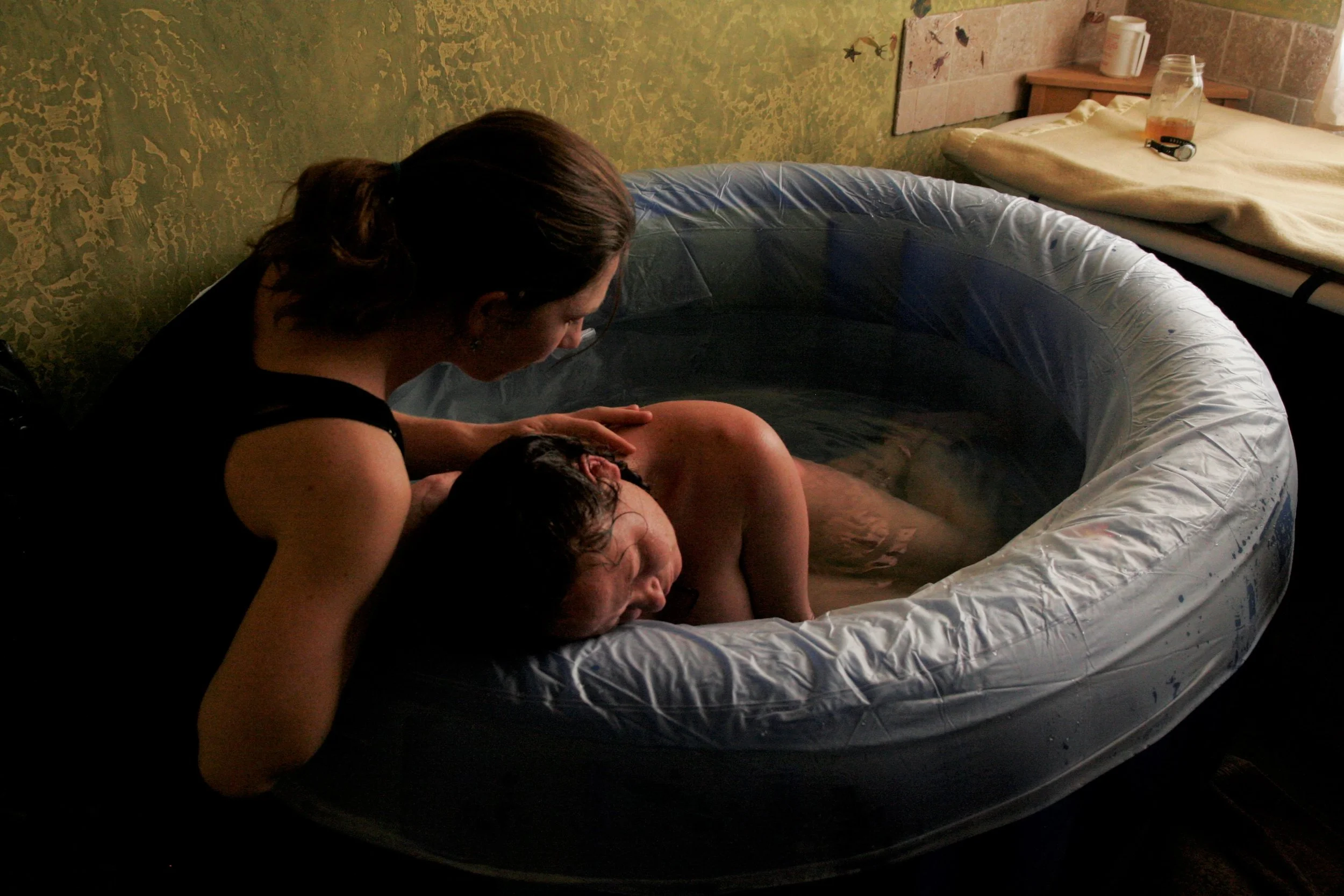
The role of a doula is becoming more prevalent in our society today. While the role is not a new one, this prevalence shows a renewed focus on how women in labor have been supported by women throughout history. The word doula comes from ancient Greek and means “woman who serves”. Today “doula” is used to describe a trained professional who supports a birthing person through pregnancy, labor, birth and early postpartum.
The Modern Doula supports a birthing person in 4 general areas
Emotional support.
The process of birth and preparing for it can be overwhelming. A doula helps a mother process through fears that may come up around labor and birth, helps them process through past trauma that may be affecting their outlook, and reassures and validates them during the labor itself. A doula will be a constant source of calm and reassurance during the labor using visualization, breathing and other techniques to keep mothers and their partners focused and confident throughout.
Physical support
A doula will assist the mother physically during pregnancy by suggesting movements to get the baby into the ideal position for birthing, to relieve back pain and other physical discomforts experienced during this time. The doula will also support in preparing for the birth physically, giving advice on ways to stay healthy and fit and using movement to prepare for labor. During the labor and birth the doula is knowledgeable in pain relieving movements and positioning including the use of a birth ball or rebozo to ease discomfort. Doulas will also use hands-on techniques to relieve pain including massage and counterpressure.
Informational support
A doula is a trained professional with a wealth of information for the birthing family. When mothers feel informed and empowered, they feel in control of their experience. A doula can help a family navigate their options when it comes to their birth, and fully understand all the information, advice and directives coming from their care providers. A doula will also assist in the creation of a comprehensive birth plan.
Advocacy
A doula can be an advocate for a birthing family during labor and birth by helping them to stay focused and calm when decisions need to be made in intense situations. A doula will encourage them to ask questions so that they may make informed decisions. As an advocate, the doula will remind them of the choices outlined in their birth plan and will support the birthing person in any deviations from the plan that may occur.
Partner Support
The addition of a doula to the birth team does not take away from the essential role of the partner. Doulas support partners as well in many ways. Partners are often overwhelmed with the feeling that they are the only one responsible for the care of the person they love the most. Having a trained professional on hand can be a relief for the partner who wants to be involved and can be advised in the most effective ways to do so. This can take some pressure off , knowing they have support and are able to take a break without feeling like they are abandoning their partner. A doula can help partners relax and be present in the experience.
A doula is not a medical professional
A doula does not perform any clinical tasks including but not limited to, vaginal exams, fetal heart rate checks, or blood pressure checks. A doula does not give medical advice beyond helping a birthing person to obtain the information they need to make informed decisions with their care provider. A doula does not speak for the client nor make decisions for them or on their behalf in any setting.
The core goal of a doula is to support mothers and their family in realizing the safe and satisfying birth that they envision. Whether the birthing person prefers a medication free birth or not, a doula is there to make the experience as empowering as possible.
“Birth Matters... It matters because it is the way we all begin our lives outside of our source, our mother's bodies. It's the means from which we enter and feel our first impression of the wider world. For each mother, it is an event that shakes and shapes her to her innermost core. Women's perceptions about their bodies and their babies' capabilities will be deeply influenced by the care they receive around the time of birth.” — Ina May Gaskin
